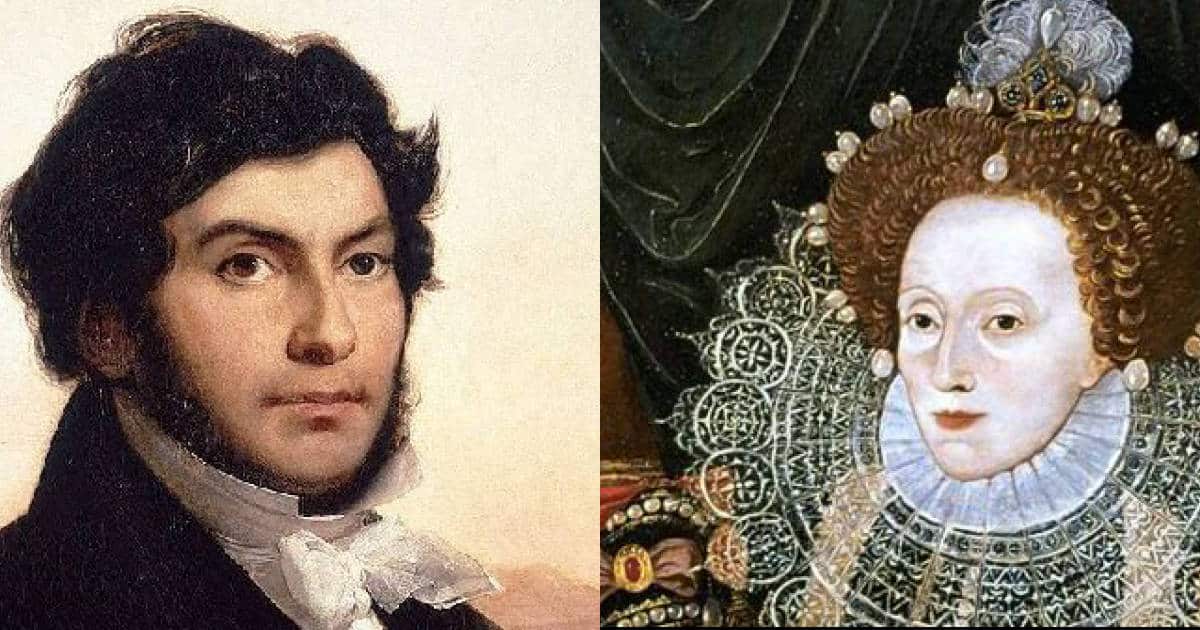Right now, more than half the people in the world are bilingual. That is, alongside their own mother tongue, they are able to speak at least one other language fluently. And then, there are the polyglots. These talented few are capable of speaking not one or two but at least five different languages fluently. Some can even speak more than a dozen and are capable of mastering a new one in a matter of months, if not weeks. Such a skill is widely looked upon with fascination, if not envy. And this has always been the case. Throughout history, there are numerous examples of notable figures being fluent in many different languages, often using this skill to their advantage.
In some cases, these historical polyglots were straight-up geniuses. In other instances, however, they were required to knuckle down and study hard in order to get to grips with new languages and dialects. Maybe they needed different languages in order to rule over disparate people or to understand the latest scientific thinking or political arguments. Or in a few cases, they just loved languages and became polyglots through passion rather than necessity.
So, from the men of God who could ‘speak in tongues’ to the science geniuses whose language skills were just one of many talents, here we have 20 of the most notable polyglots in history:

20. Cleopatra was the first of the Ptolemaic rulers of Egypt to learn the local language, and it was just one of many languages the Queen of the Nile spoke
As almost everyone with an interest in history knows, Cleopatra was a remarkable woman. Descended from Ptolemy, one of Alexander the Great’s generals, she was part of a dynasty that ruled over Egypt for more than three centuries. In fact, she was the last Ptolemaic ruler of the North African state, reigning for 21 years. She was shockingly ruthless, engineering the deaths of three of her own siblings so that she could rule alone, and she was famously very beautiful. But she was also highly intelligent, not least in her recognition that learning many languages could help her consolidate and then grow her power.
As with all the Ptolemaic rulers, Cleopatra spoke Greek as her native tongue. But while none of her predecessors bothered to learn the language of the people they ruled over, the Queen of the Nile was different. It’s likely she learned Egypt from birth, having been exposed to it by her nannies and servants. Either way, speaking the local tongue was what a modern-day politician would call an excellent PR exercise, keeping the populace on her side. And such a politics-first view was most probably the reason Cleopatra learned to speak at least another six languages.
As Plutarch noted in his history The Life of Anthony: “And her tongue, like an instrument of many strings, she could readily turn to whatever language she pleased, so that in her interviews with barbarians she very seldom had the need of an interpreter, but made her replies to most of them herself…whether they were Ethiopians, Troglodytes, Hebrews, Arabians, Syrians, Medes or Partians.” While claims that Cleopatra spoke nine languages fluently may be over-the-top, there’s no doubt she was a skilled linguist, using her language skills to both make allies and threaten enemies.
Interestingly, Cleopatra didn’t speak Latin, however, as some contemporary Roman observers noted. This means that her legendary romances with Julius Caesar and then with Mark Antony would have almost certainly been conducted in Ancient Greek, the dominant language of the Eastern Mediterranean region at the time. However, the language she used to give her final orders before taking her own life in 30BC at the age of just 39, will forever remain a mystery.

